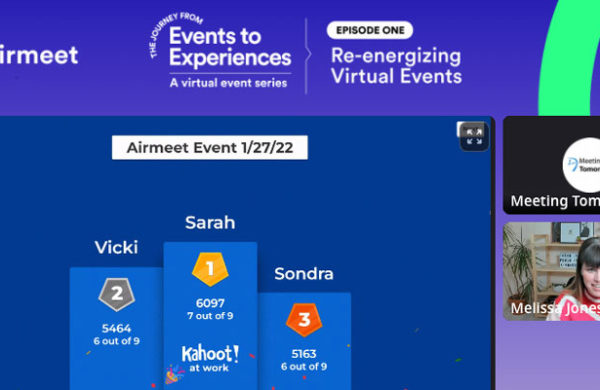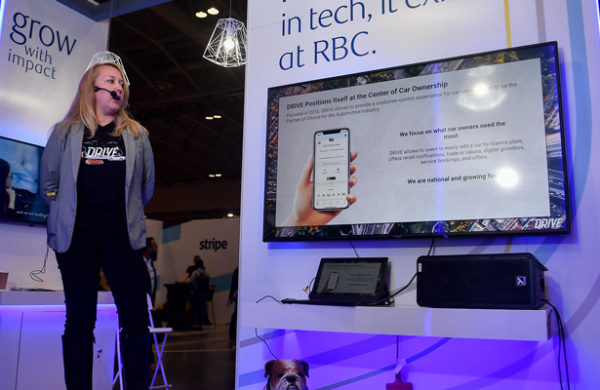
Planning a conference includes setting up the venue, blocking off hotel rooms, providing food, and organizing the presenters.
There are many steps to planning a conference. Much attention has to be paid to details, because delays or technical problems can discourage attendees from returning for future events. Because planning a conference can involve a lot of work and attention to detail, tasks should be delegated to others if possible.
Location and Logistics
Some organizers will have space within their own company in which to hold a conference, but others may need to locate an outside source. Estimate how many attendees there will be and make sure the venue has enough space and seating to accommodate everyone. Some hotels have conference rooms, so the organizer may be able to get discounted room rates for out-of-town conference attendees. If not, check with other local hotels to see if they can offer any discounts.
There are some supplies that should be readily available on the day of the conference, including plenty of tape (clear, masking, and duct), tacks, pins, staplers, and scissors. The organizer should have enough blank name tags for all attendees if premade name badges are not going to be provided.
The organizer will need to set up a schedule of events, including sessions and workshops. This will involve contacting all speakers and finding out what they will need. Once this is in place, a registration form can be sent to potential attendees listing all the conference information. Once the registration forms start coming back, the organizer can estimate how many attendees to expect.
Food and Leisure
While registration is going on, the organizer must think about other details. Will food be provided and if so, which meals? Some conferences provide breakfast, lunch, and dinner, while others provide snacks and drinks. Again, if the conference is being held at a hotel, the hotel may be able to provide meals for attendees. If not, consider catering, and decide whether to offer special meals for those with particular dietary needs. At the very minimum, there should always be beverages such as water, tea, and coffee offered to attendees for the duration of the conference.
Some conferences offer after-hours events for attendees to attend local attractions together. Consider what the host city has to offer, and remember that a positive experience outside the conference will help leave a good impression of the whole event.
Providing Supplies and Materials
There are some supplies that should be readily available on the day of the conference, including plenty of tape (clear, masking, and duct), tacks, pins, staplers, and scissors. The organizer should have enough blank name tags for all attendees if premade name badges are not going to be provided. If there will be some attendees paying the day of the conference, a receipt book will be needed. There should also be a clearly labeled registration area set up in the lobby of the conference venue. Each attendee should have a written agenda of events for the conference.
This includes the times and dates of sessions and workshops as well as the presenter’s name and information. Each attendee should get a conference bag that contains the agenda as well as any giveaways the local business are willing to provide.
Special Equipment
Make sure to test computers, internet connections, projectors, and other audio visual equipment before the conference to make sure everything is in working order. The day of the conference, there should be plenty of personnel to help attendees and presenters with any needs they may have. The organizer may need someone to make replacement badges, get cash to make change for registration, or procure last-minute audio visual equipment. Make sure to have a clear idea of whom to consult if any issues arise during the conference.
Some organizers may wish to hand out evaluations to get an idea of how the conference is received by attendees. Have a clearly marked spot where the attendees can return their evaluations and a method for evaluating them afterwards.
Meeting Tomorrow provides organizations and businesses with such solutions as: projectors and projector screen rental, monitor and display rentals, and laptop rental solutions. We also rent interactive kiosk solutions.
Related Articles: Computer Glossary | Dress for Success | Sending an Outlook Meeting Notice


